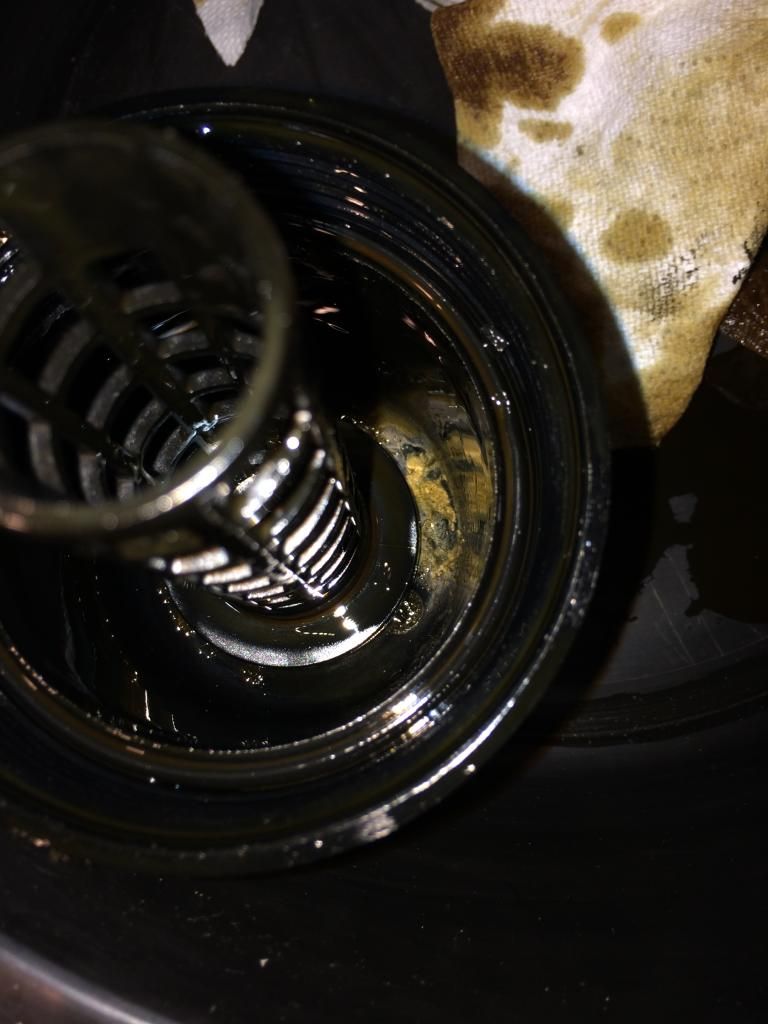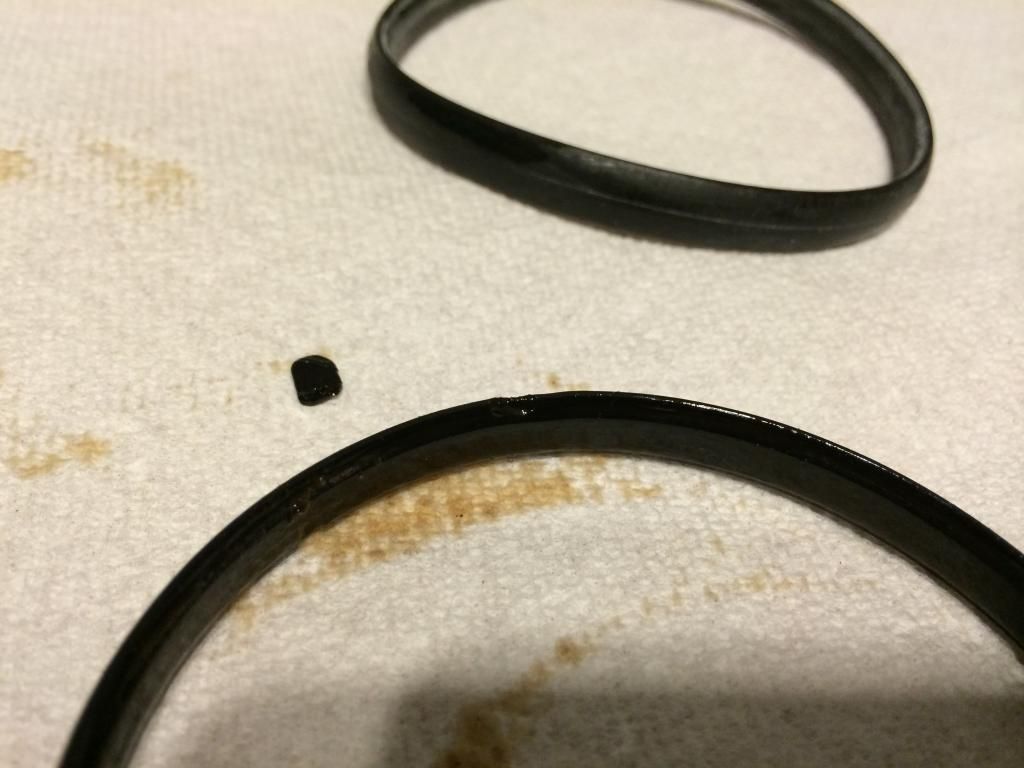Greetings,
Just stumbled upon this forum and with so many knowledgable members, I wondered if anyone had input on ceramic engine coating treatments. I was in Europe for several years and a friend swears by it, but I see there are few who use product in states, so not much info. on ceramic products. There are a couple I know of, surely similar, certainly performs better on static bearing friction tests than all others tested, so curious if anyone has used ceramic engine coating technology. I am always looking for the best products to extend engine life by reducing friction and always look for input from professionals.
Thanks,
Just stumbled upon this forum and with so many knowledgable members, I wondered if anyone had input on ceramic engine coating treatments. I was in Europe for several years and a friend swears by it, but I see there are few who use product in states, so not much info. on ceramic products. There are a couple I know of, surely similar, certainly performs better on static bearing friction tests than all others tested, so curious if anyone has used ceramic engine coating technology. I am always looking for the best products to extend engine life by reducing friction and always look for input from professionals.
Thanks,



